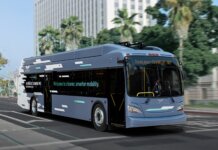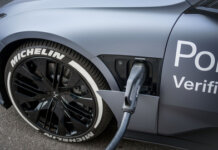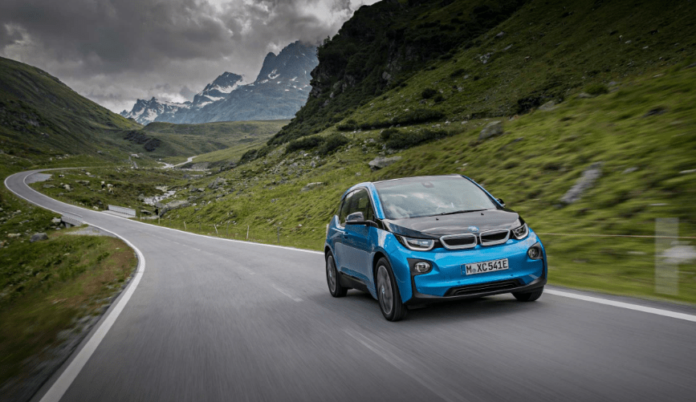The BMW Group is speeding up its vehicle electrification efforts by two years.
The automaker says it will now achieve a total of 25 electrified models in 2023, instead of 2025. Thanks to flexible vehicle architectures for fully electric, plug-in hybrid and combustion engine drive trains, the company explains it is able to respond quickly to changing conditions. More than half of the 25 models will be fully electric, BMW notes.
“We are moving up a gear in the transformation towards sustainable mobility, thereby making our company fit for the future. Over the past two years, we have consistently taken numerous decisions that we are now bringing to the roads. By 2021, we will have doubled our sales of electrified vehicles compared with 2019,” says Harald Krüger, chairman of the board of management of BMW AG. “We will offer 25 electrified vehicles already in 2023 – two years earlier than originally planned. We expect to see a steep growth curve towards 2025: Sales of our electrified vehicles should increase by an average of 30 percent every year.”
By the end of 2019, the company aims to have more than half a million vehicles with fully electric or plug-in hybrid drive trains on the roads.
“Our vision is clear: sustainable mobility, produced in a sustainable manner. We have set ourselves the goal of only buying electricity from renewable energy sources for all our locations worldwide from 2020,” adds Krüger. “We fulfill our social responsibility – in all its different facets. We are firmly committed to emission-free driving. At the same time, we stand by our corporate responsibility towards our employees, shareholders and investors.”





Before BMW touts their zero emission electric cars, consider the environmental impact of the production and disposal of batteries and the mining of the lithium and cobalt (both finite resources) necessary to use the batteries. Cars running on RNG (renewable natural gas) will have a longer range, faster fill up time, and will use existing internal combustion engines. RNG is produced by capturing biogas from animal waste, landfills, and sewage (all infinite resources that are available to ALL countries). RNG is a carbon negative fuel due to capture of tiogas that would other be released as a Greenhouse Gas to… Read more »